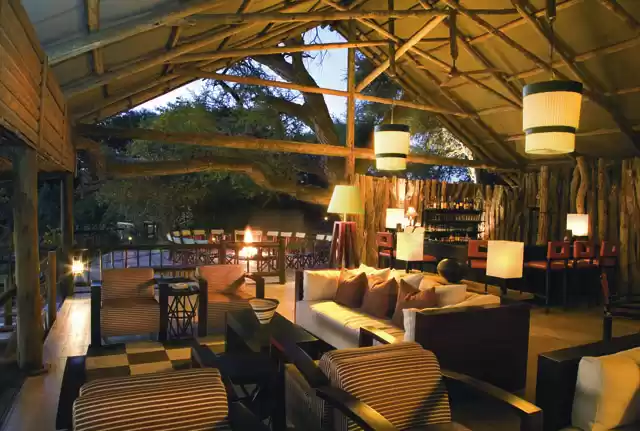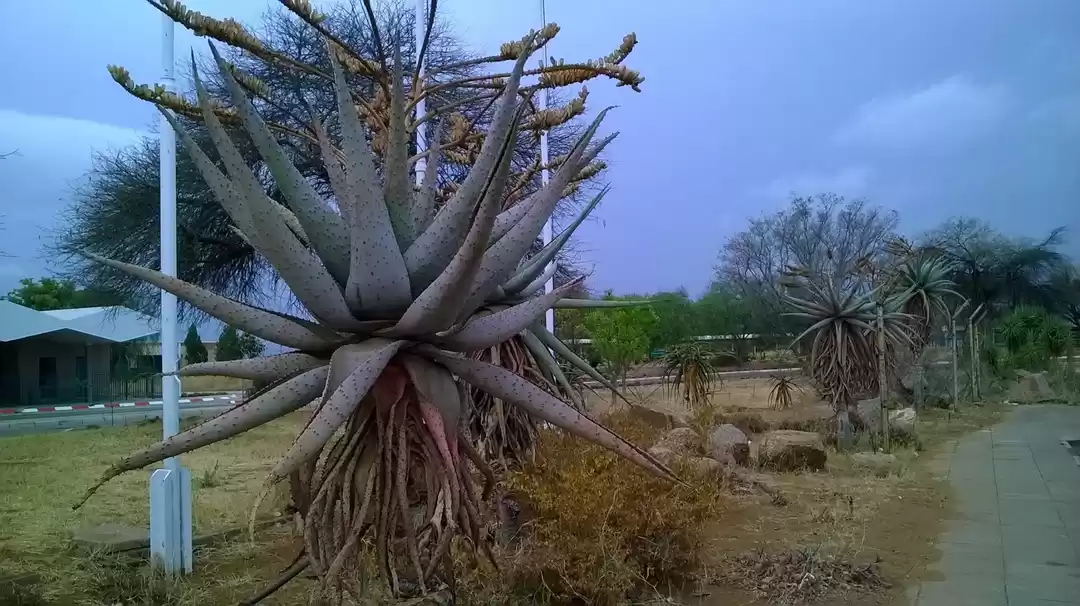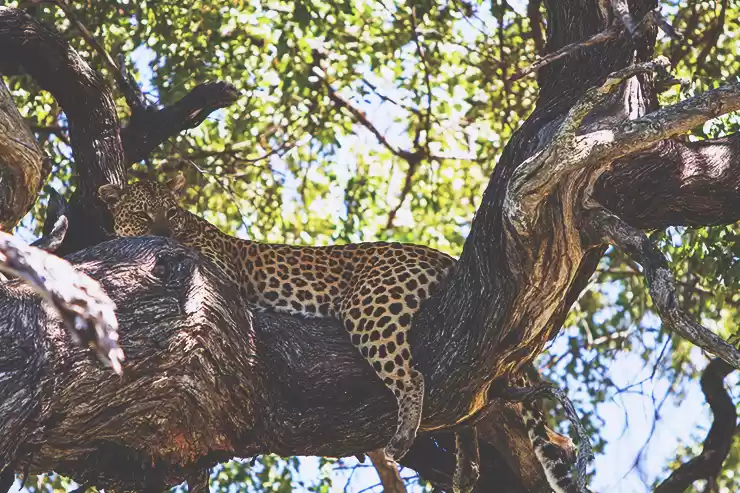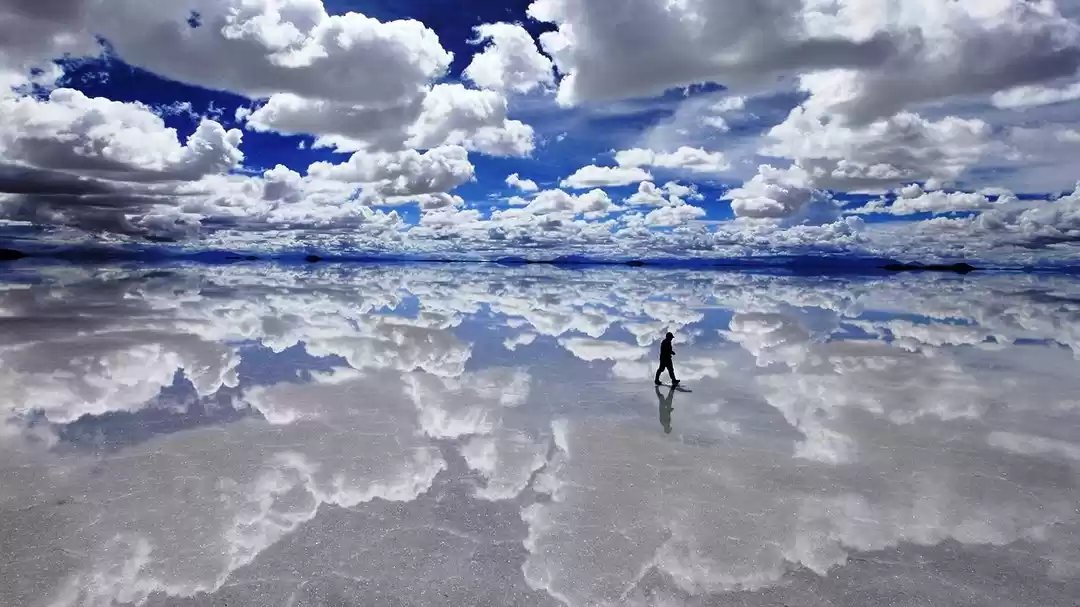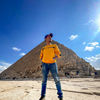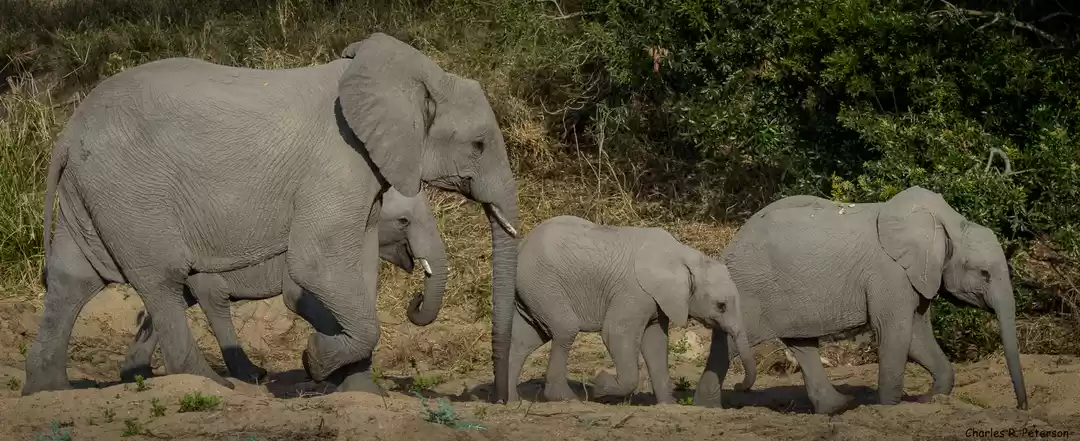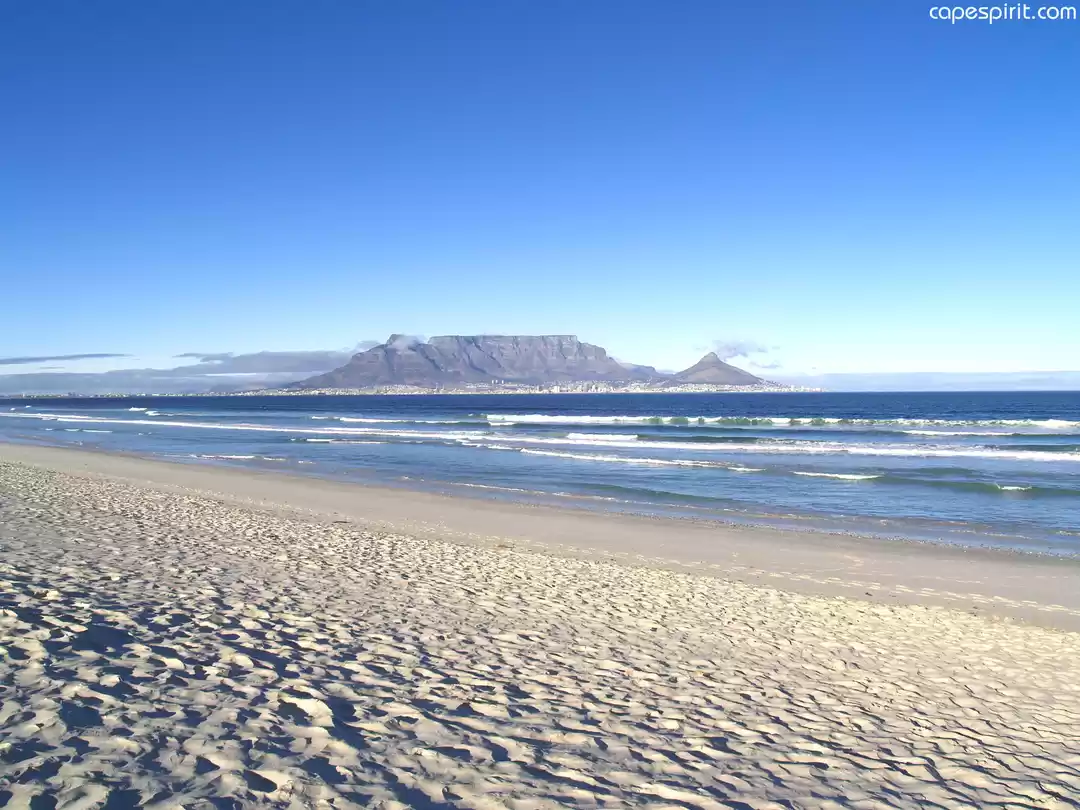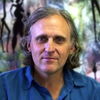Botswana Tourism and Travel Guide
Botswana /bɒtˈswɑːnə/, officially the Republic of Botswana (Tswana: Lefatshe la Botswana), is a landlocked country located in Southern Africa. The citizens refer to themselves as Batswana (singular: Motswana). Formerly the British protectorate of Bechuanaland, Botswana adopted its new name after becoming independent within the Commonwealth on 30 September 1966. Since then, it has maintained a strong tradition of stable representative democracy, with a consistent record of uninterrupted democratic elections.Botswana is topographically flat, with up to 70 percent of its territory being the Kalahari Desert. It is bordered by South Africa to the south and southeast, Namibia to the west and north, and Zimbabwe to the northeast. Its border with Zambia to the north near Kazungula is poorly defined but at most is a few hundred metres long.A mid-sized country of just over 2 million people, Botswana is one of the most sparsely populated nations in the world. Around 10 percent of the population lives in the capital and largest city, Gaborone. Formerly one of the poorest countries in the world—with a GDP per capita of about US$70 per year in the late 1960s—Botswana has since transformed itself into one of the fastest-growing economies in the world, now boasting a GDP (purchasing power parity) per capita of about $18,825 per year as of 2015, which is one of the highest in Africa. Its high gross national income (by some estimates the fourth-largest in Africa) gives the country a modest standard of living and the highest Human Development Index of continental Sub-Saharan Africa.Botswana is a member of the African Union, the Southern African Development Community, the Commonwealth of Nations, and the United Nations. Despite its political stability and relative socioeconomic prosperity, the country is among the hardest hit by the HIV/AIDS epidemic, with around a quarter of the population estimated to be infected.

